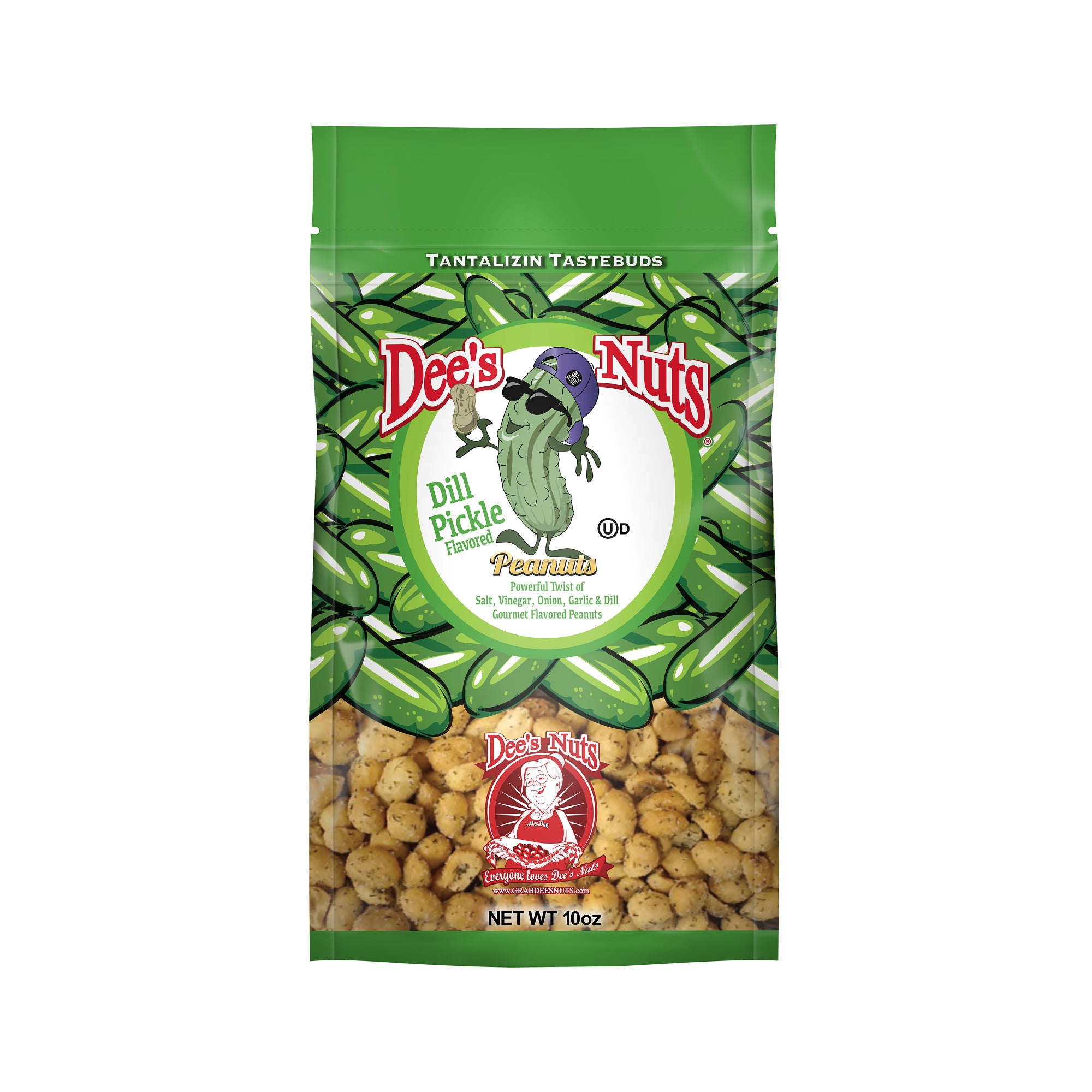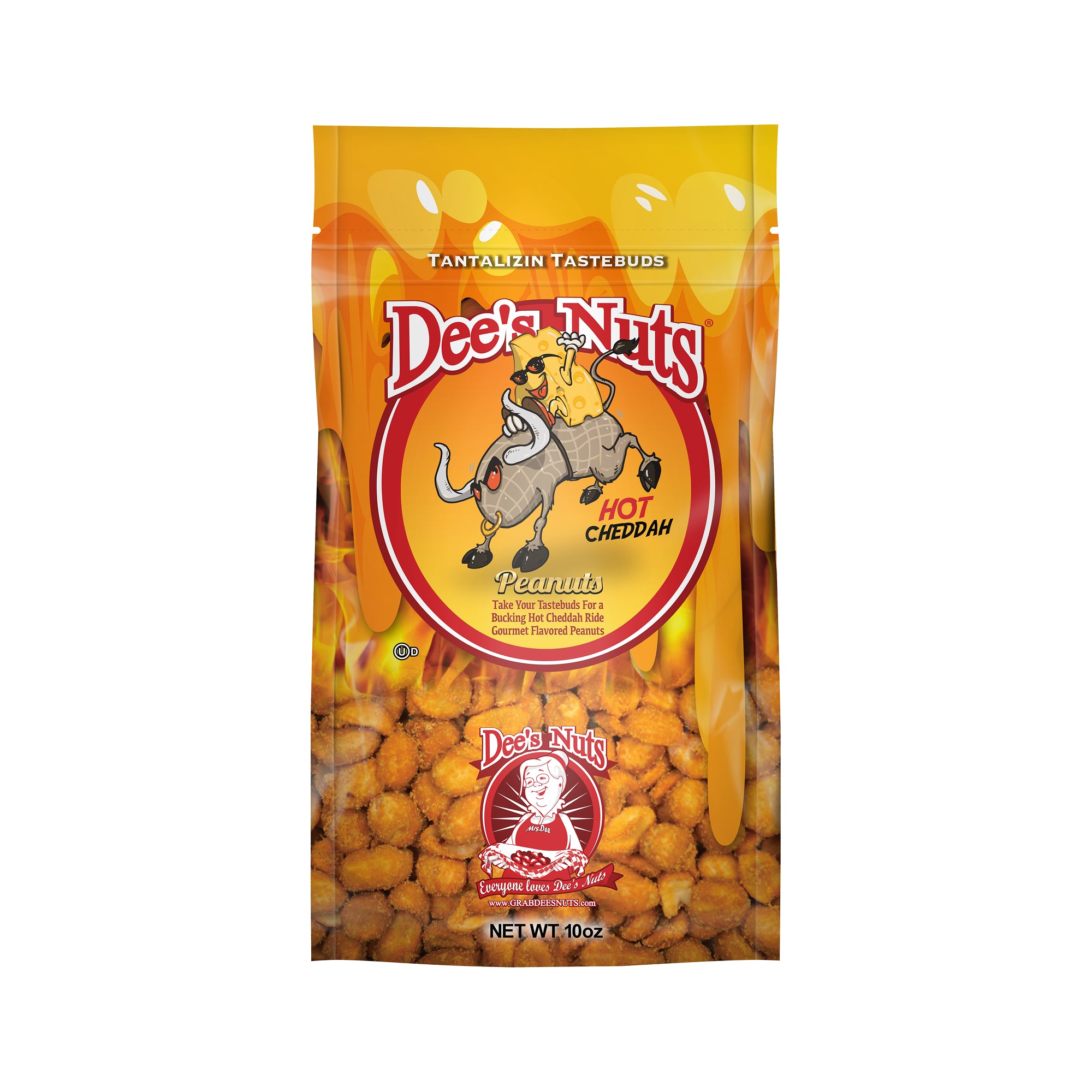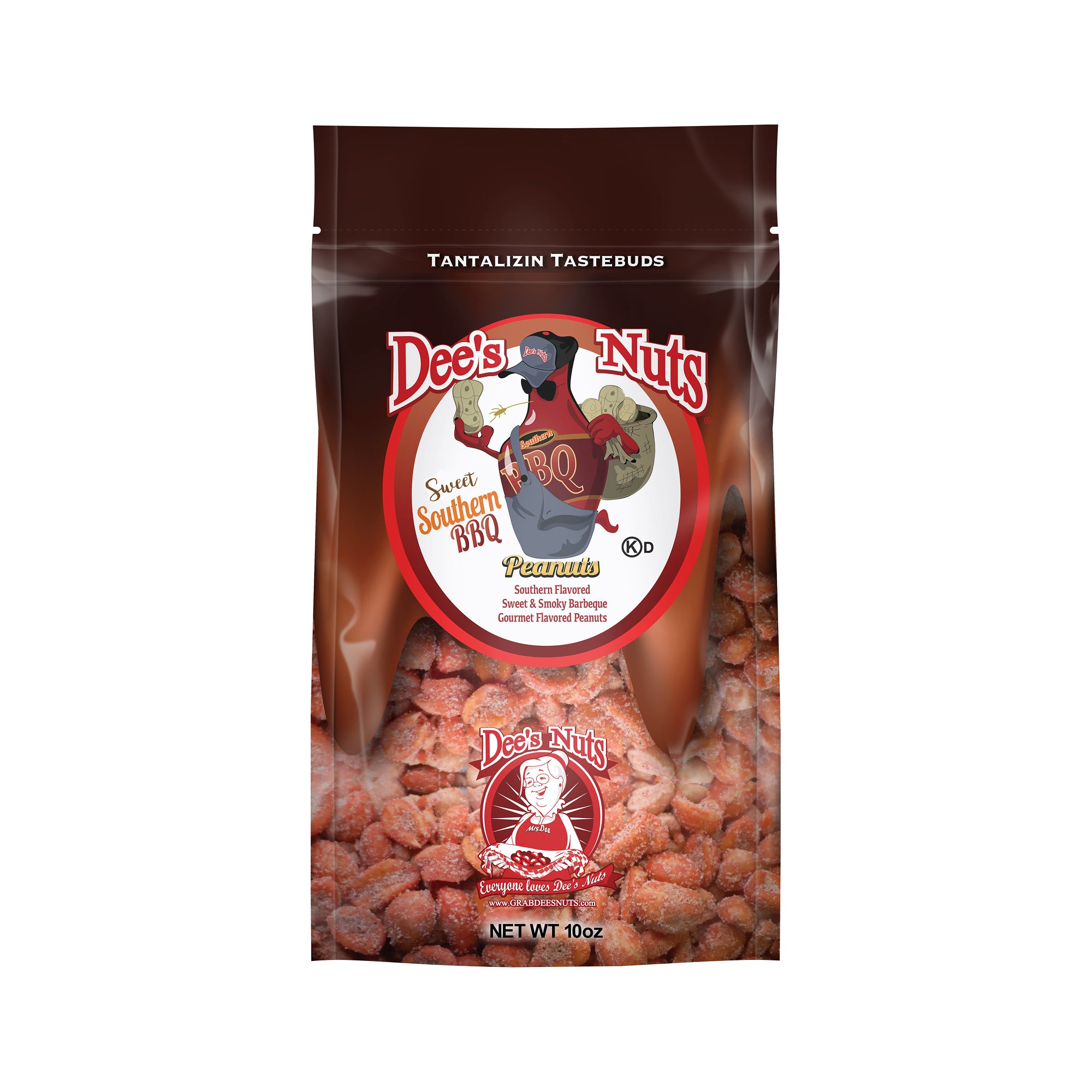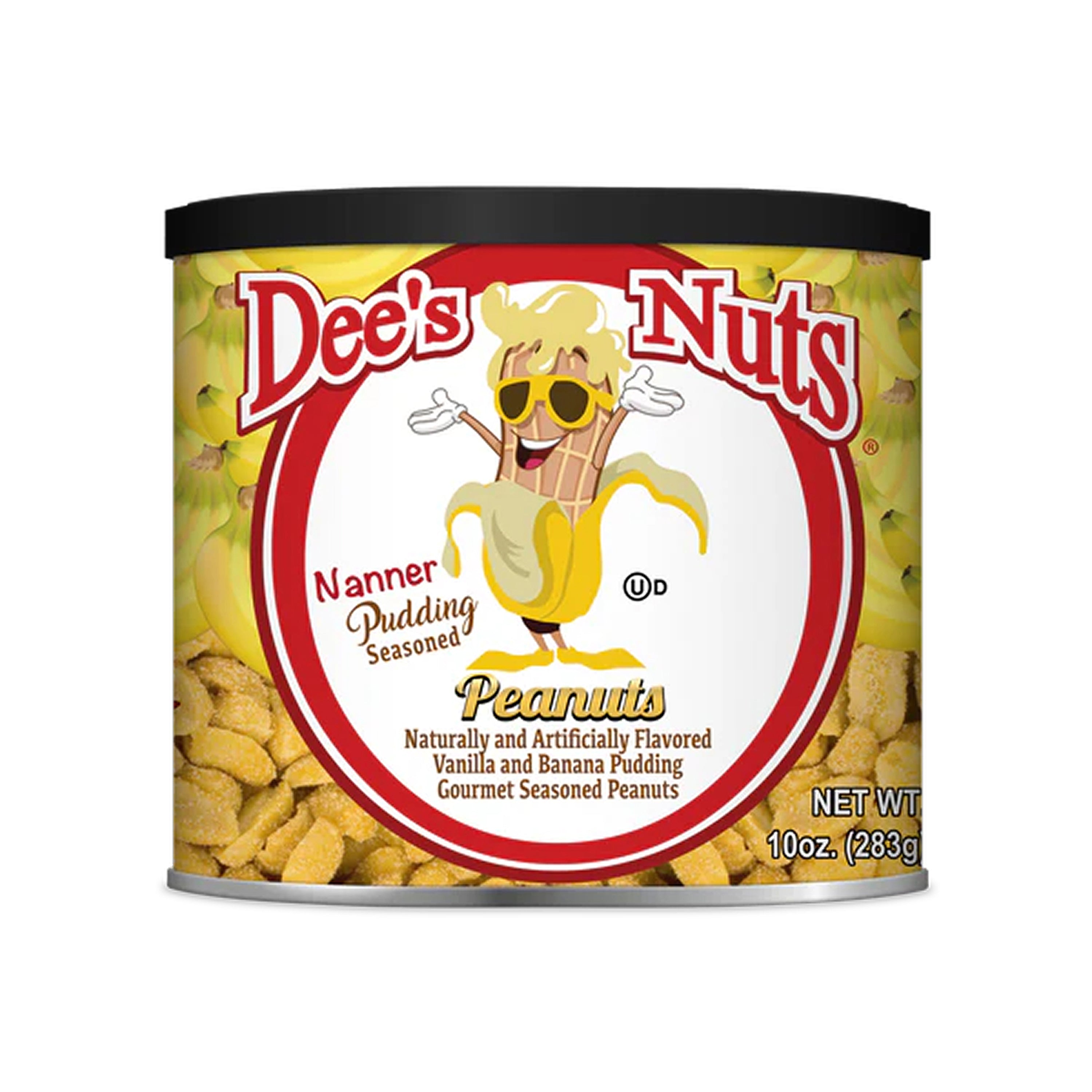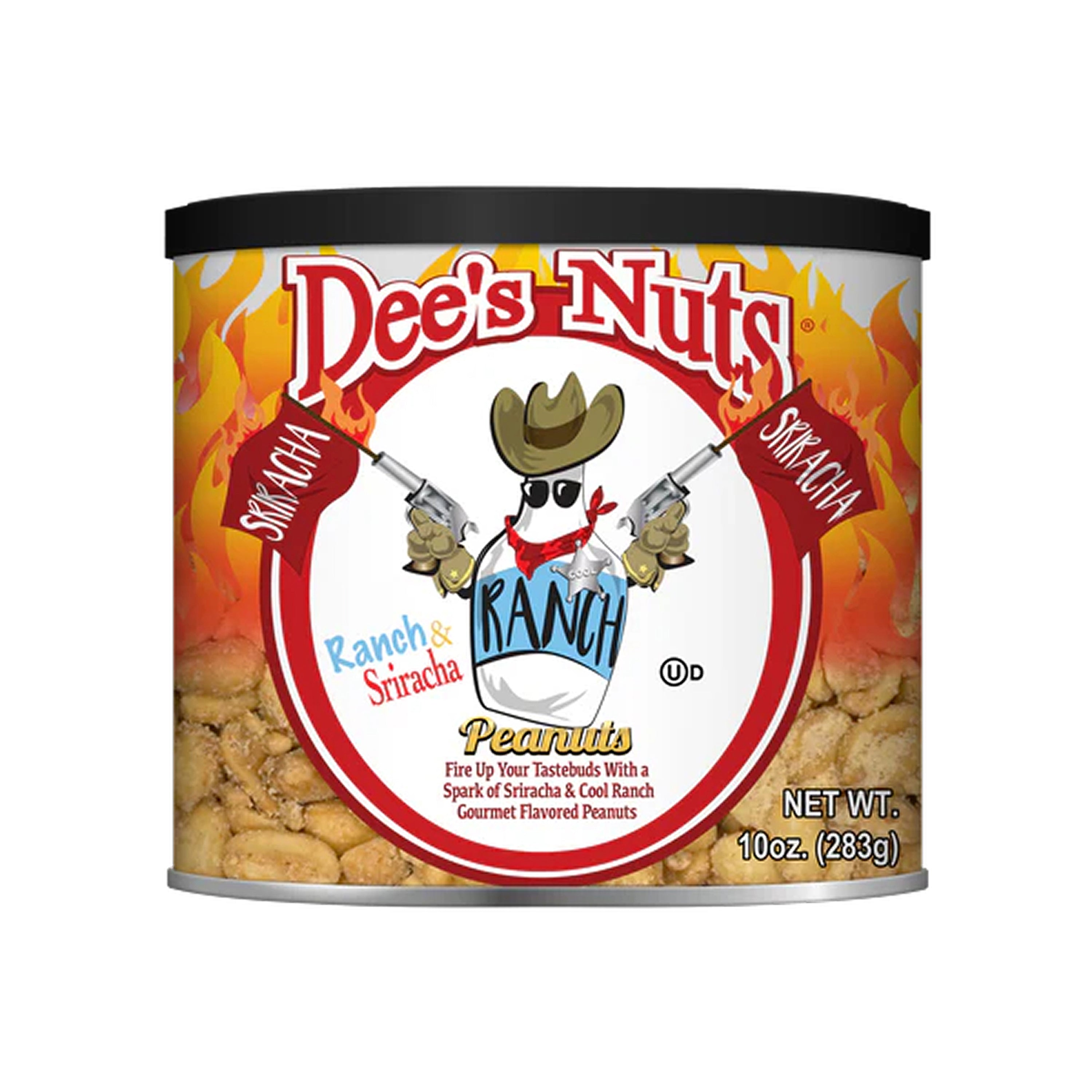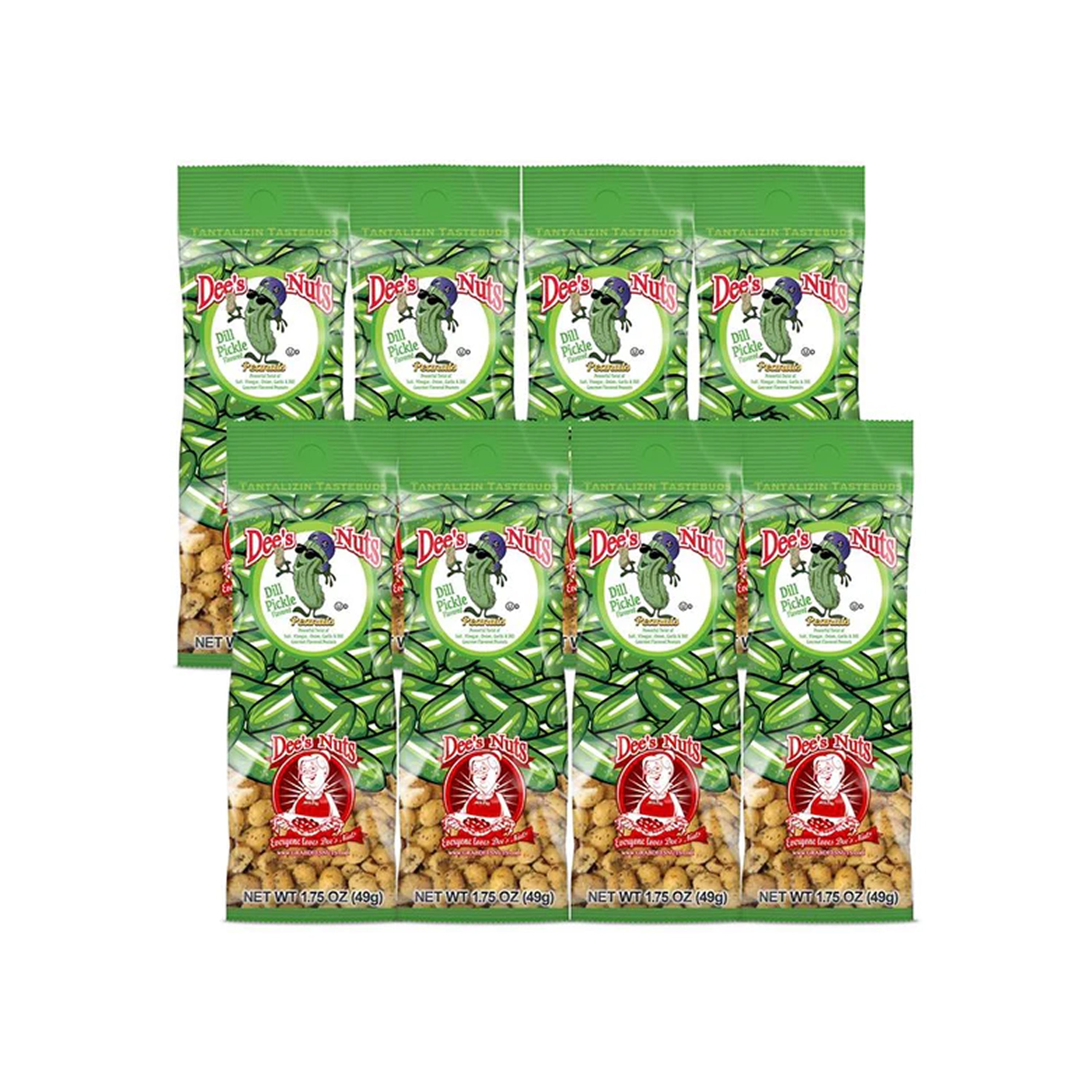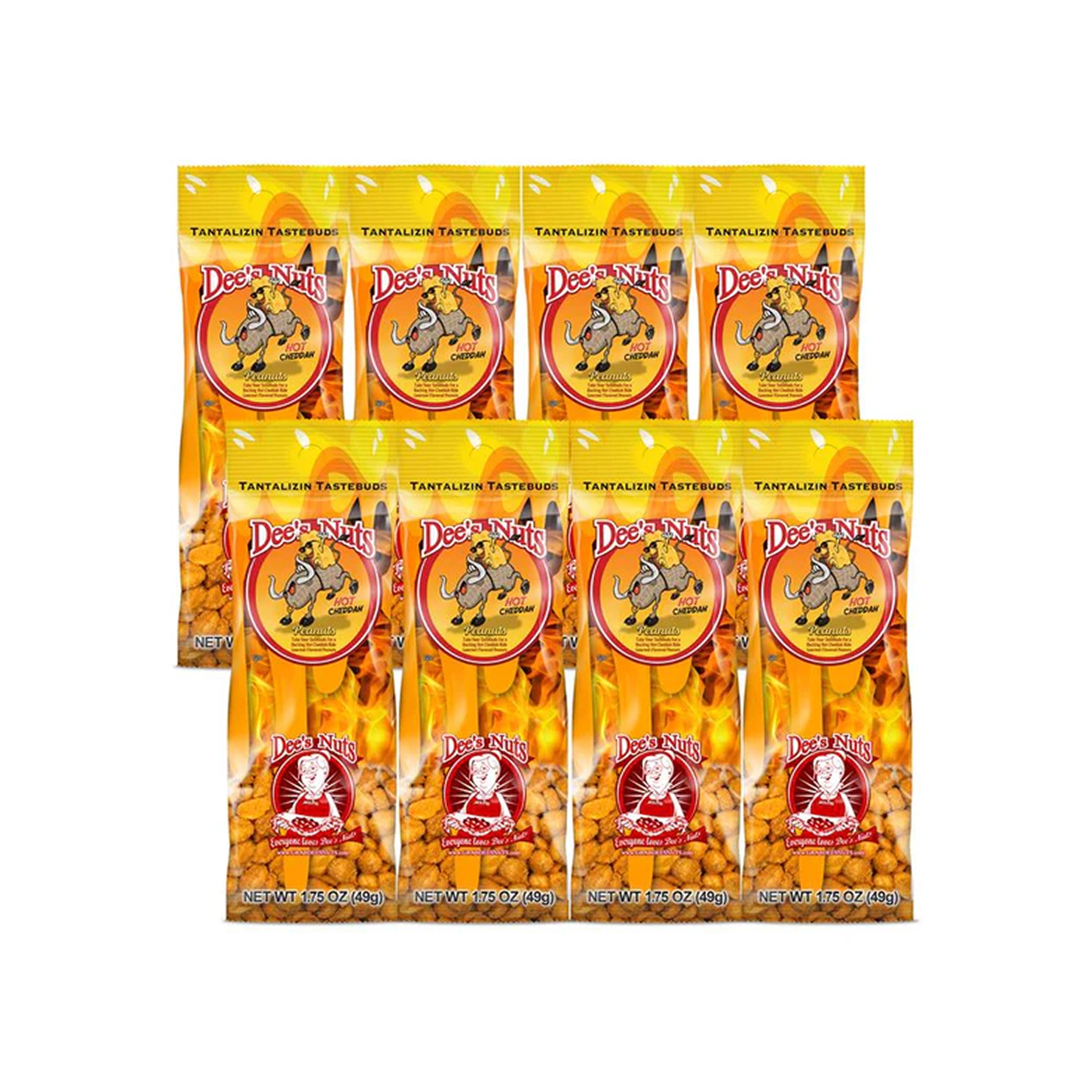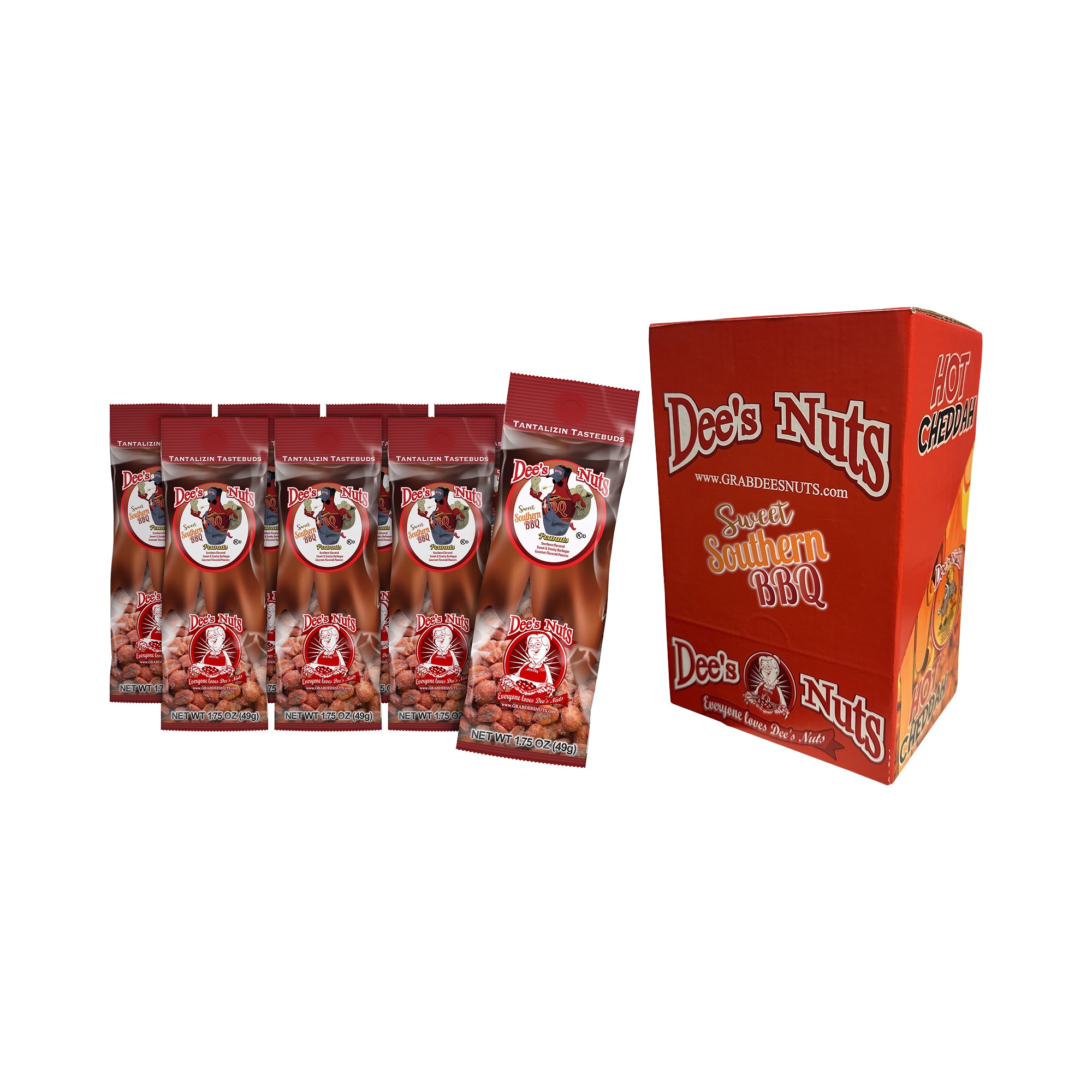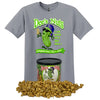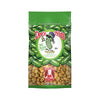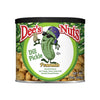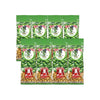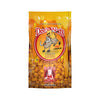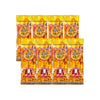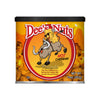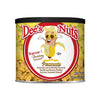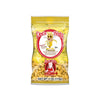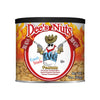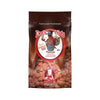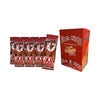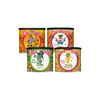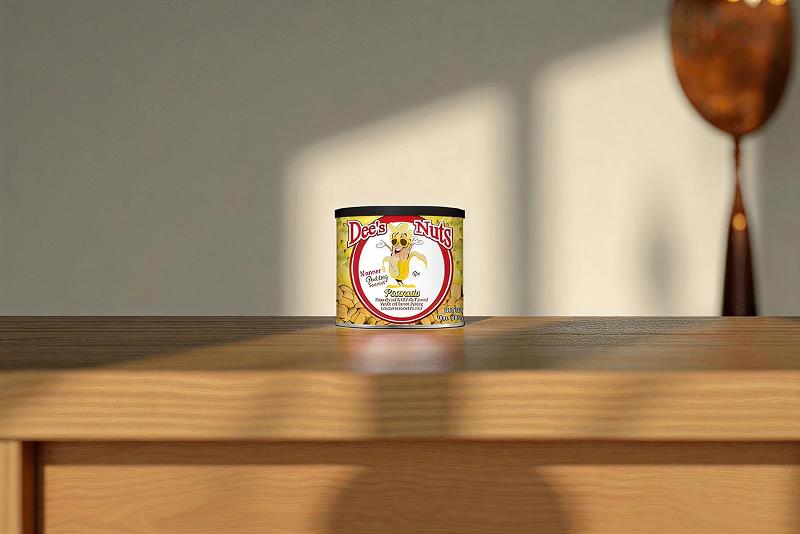

· By DIANA RUIZ
How to Store Nuts to Keep Them From Spoiling
Nuts are more than just a quick snack they are little powerhouses of nutrition that can elevate your meals, fuel your energy, and even satisfy your sweet tooth when paired with chocolate or dried fruits. But if you’ve ever found yourself biting into a nut that tastes bitter, stale, or even slightly soapy, you’ve experienced firsthand what happens when nuts go bad. Oils inside nuts can turn rancid quickly if they’re not stored properly. That’s why learning how to store nuts is essential if you want to keep their natural flavor, crunch, and nutrients intact.
This guide dives deep into every aspect of nut storage, from everyday snacking to special cases like boiled peanuts. By the end, you’ll know exactly what to do to keep your pantry stocked with fresh-tasting nuts all year round.
Why Nuts Spoil So Easily
Nuts may look sturdy, but their high oil content makes them vulnerable to air, light, heat, and moisture. When exposed to these conditions, the oils oxidize, causing nuts to turn rancid. Not only does this ruin their taste, but it can also reduce the nutritional value. Even the best quality nuts, like those from Dee's nuts, need proper care if you want to enjoy them at their best.
How Do You Keep Nuts Fresh?
The freshness of nuts depends on three factors: temperature, packaging, and environment. To keep them fresh:
-
Temperature: Always lean towards cooler storage. Your refrigerator or freezer can extend shelf life by months.
-
Packaging: Store nuts in airtight containers. Oxygen is the enemy here, so glass jars, vacuum-sealed bags, or thick zip-lock pouches work best.
-
Environment: Keep them away from direct sunlight and humidity. A dark cupboard or pantry works if you plan to eat them quickly.
If you’ve ever wondered how do you keep nuts fresh beyond just a week or two, the answer is refrigeration or freezing. It locks in their oils and flavor far longer than pantry storage.
Pantry, Fridge, or Freezer: Which is Best?
-
Pantry: Great for short-term storage usually up to one month. Perfect if you snack daily.
-
Fridge: Extends shelf life to six months. Just make sure your nuts are in airtight containers so they don’t absorb odors from other foods.
-
Freezer: The best option for long-term storage. Nuts can last up to a year here without losing flavor. Simply thaw small amounts when needed.
How to Store Peanuts for Long Time
Peanuts, being one of the most popular nuts, deserve special mention. If you want to know how to store peanuts for long time, refrigeration is your best bet. Shelled peanuts can last six months in the fridge, while unshelled ones can stretch closer to nine months. In the freezer, both can last a full year. Always use sealed containers so that the peanuts retain their crispness.
How Do You Store Boiled Peanuts?
Boiled peanuts are delicious but tricky because their moisture content makes them spoil faster than raw or roasted peanuts. If you’re wondering how do you store boiled peanuts, the key is refrigeration. Keep them in an airtight container and refrigerate them for up to one week. For longer storage, freezing is the way to go boiled peanuts can last up to three months in the freezer. When reheating, simply boil or microwave them to bring back their softness and flavor.
How Long Can Nuts Be Stored?
The exact shelf life depends on the type of nut, whether they’re shelled or unshelled, and the storage method:
-
Almonds: 9 months in the fridge, up to a year in the freezer.
-
Walnuts: 6 months in the fridge, a year in the freezer.
-
Cashews: 6 months refrigerated, up to a year frozen.
-
Peanuts: 6 to 12 months refrigerated or frozen.
-
Pecans: 9 months refrigerated, up to 2 years frozen.
So, when you ask how long can nuts be stored, the answer really depends on how far you’re willing to go with proper storage practices. Freezing almost always buys you the longest freshness.
Creative Storage Tips
-
Vacuum Sealing: If you’re serious about long-term storage, invest in a vacuum sealer. Removing oxygen is the best way to prevent spoilage.
-
Small Batches: Divide large quantities into smaller containers. This way, you only expose a small amount at a time to air.
-
Label Everything: Always write the date of storage on your containers. Nuts look alike after a while, so keeping track of storage dates saves you from guessing.
Where to Find the Best Nuts
Of course, proper storage only matters if you’re starting with high-quality nuts. If you’re searching online or locally, you might find yourself typing something like nuts near me or nutshopnearme. It’s a quick way to discover fresh, high-quality nuts in your area or from trusted online sellers who know how to handle their products from farm to package.
Bringing It All Together
Learning how to store nuts properly isn’t complicated, but it makes a world of difference in taste and nutrition. Whether you’re enjoying them raw, roasted, or boiled, the right storage keeps them crunchy, flavorful, and healthy. With airtight containers, a cool environment, and a little planning, you can always have fresh nuts ready for snacking, baking, or cooking.
The next time you’re shopping for quality products like Dee’s nuts, remember that a little storage know-how can keep your pantry stocked with perfect-tasting nuts for months to come.
